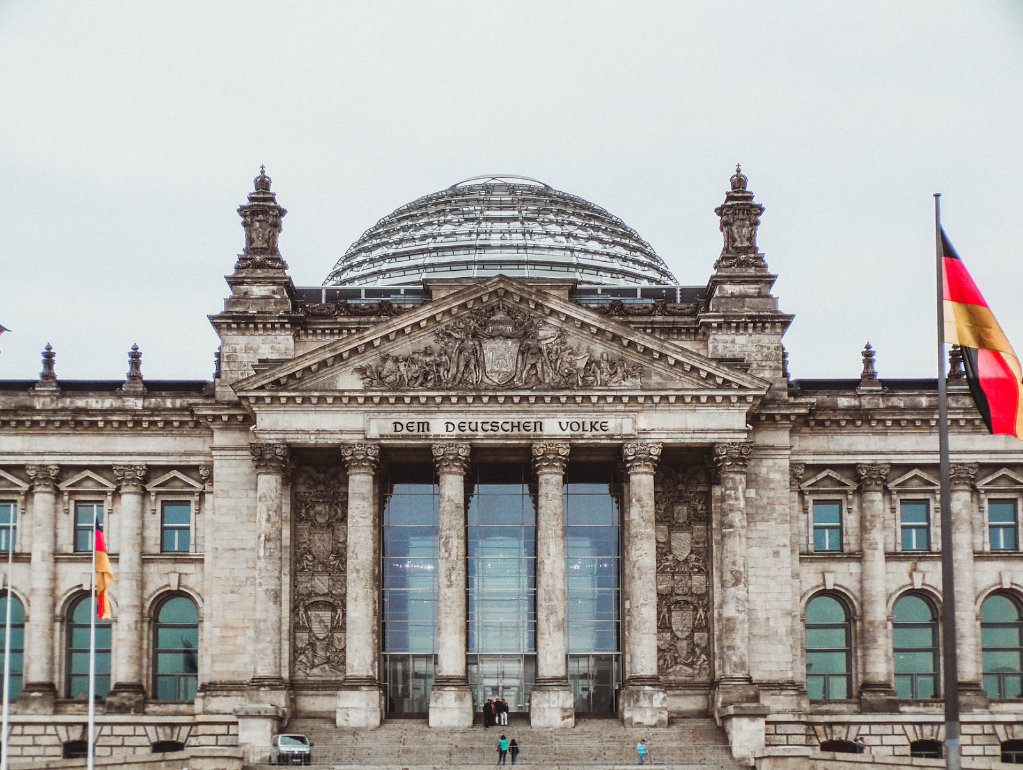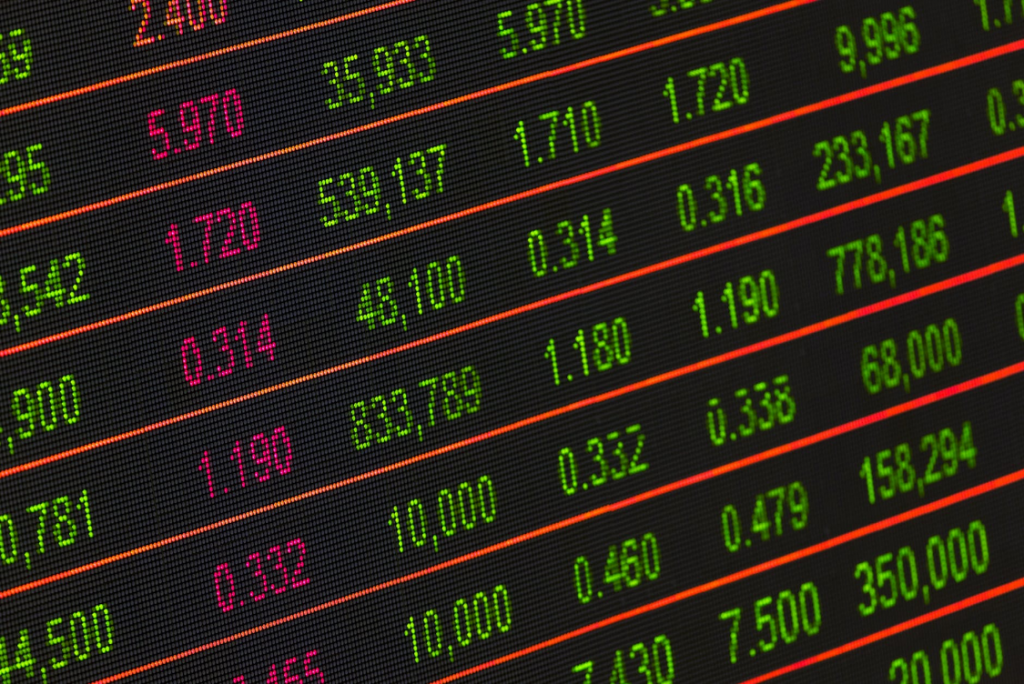Europe’s fears of a German recession may not be unfounded. The country’s GDP shrank by 0.1% in the second quarter of 2019, fueled by a slowdown in Chinese imports and domestic industrial issues. This is in contrast to the 0.2% GDP growth across the Eurozone bloc of nations.
It’s possible this news could lead to monetary easing by the European Central Bank (ECB):

“The dismal German GDP figure reinforces the case for another round of monetary easing by the European Central Bank next month, which could be announced at what will be the last policy meeting of outgoing President Mario Draghi. German officials and public opinion have long criticized the ECB’s policy, arguing that negative interest rates in place since 2014 are hurting a nation of savers. Draghi has responded that Germans have also benefited from the eurozone economic recovery made possible by his policy.”
It was a wild month for stocks, as global markets swung back and forth between gains and losses in August. In 22 trading sessions over the month, the S&P 500 posted 11 days of price swings above 1%, including the worst trading day of the year on August 5th. Energy stocks like Concho Resources, Schlumberger, and Devon Energy fell by 20%, while banking stocks like Bank of America, JP Morgan Chase, and Wells Fargo also dropped on the month.
Many analysts believe this volatility is not usual for the market:

“It’s not just normal volatility. You’ve had this spike in these all-or-nothing trading days,” said Willie Delwiche, investment strategist at Baird. “Whether or not this continues, from a headline perspective, I don’t see a reason why it doesn’t.”
Unfortunately for investors, September is historically a bad month for the stock market. On average over the past 80+ years, the S&P 500 and Dow Jones Industrial Average fall by about 1% over the month of September.
The newly elected British Prime Minister Boris Johnson took an aggressive step to force a Brexit no-deal. Johnson suspended British parliament in hopes of accelerating a no-deal with the European Union. The UK is set to leave the EU on October 31st regardless of a deal or not.
The suspension gives the British government significantly less time to come up with a deal before the October 31st deadline. This has drawn the ire of Johnson’s opponents:

“Labour leader Jeremy Corbyn said: “Suspending Parliament is not acceptable, it is not on. What the prime minister is doing is a smash and grab on our democracy to force through a no deal,” he said.
He said when MPs return to the Commons next Tuesday, “the first thing we’ll do is attempt legislation to prevent what [the PM] is doing”, followed by a vote of no confidence “at some point”.”
An influx of migrants into Europe continues as more than 7,800 migrants and refugees were captured at sea off the coast of Turkey in the month of August. This is a seven-fold increase from just one year ago. Turkey currently houses approximately 3.6 million Syrian refugees who have fled the war-torn country.
The increase in fleeing migrants has caused international aid organizations to ramp up their efforts:

“The International Organization for Migration’s (IOM) spokesperson in Turkey Lanna Walsh said the group’s workers, who operate alongside the coast guard, have noticed an increase in migrants rescued in recent weeks. “Our teams that do work on the ground observed that many of the migrants trying to cross over last weekend… originated in Istanbul,” Walsh said.”